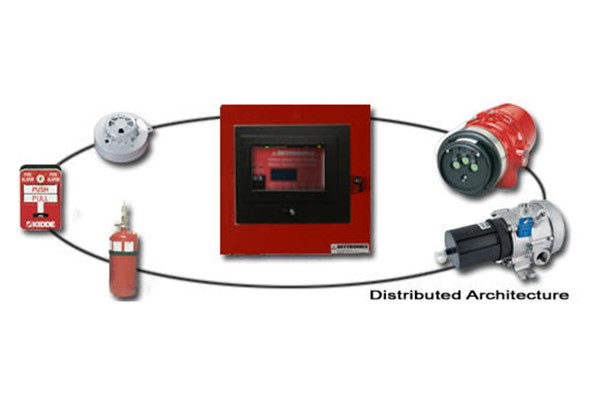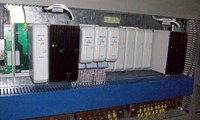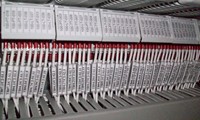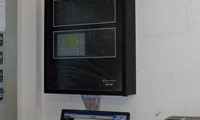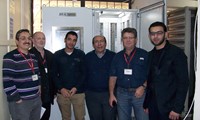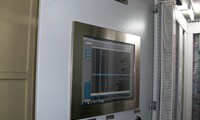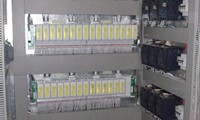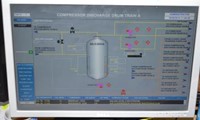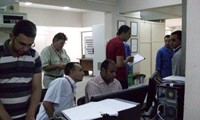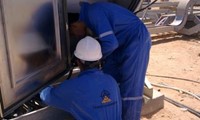The Eagle Quantum Premier system is a third generation hazard protection system that is designed for fire and gas detection, control of notification appliance circuits, and the releasing of various suppression agents.
The system utilizes modularized field devices on a digital communication loop.
All detection, re-action, and notification activities are coordinated through a centralized Controller.
See Figure 1.
The system has the flexibility to utilize any combination of Eagle Quantum Premier field devices.
It can be configured as a total gas detection system, a total fire detection system, or a combination of both fire and gas detection.
All devices and operating parameters are configured through the Controller.
Third party devices can be integrated into the system either through dry contact closure inputs (using IDCs/DCIOs) or through 4 to 20 mA inputs (using DCUs/Analog Input Modules).
Through its centralized control unit, the Eagle Quantum Premier system provides an open architecture in which systems can be tied together to share information.
PLC, DCS and human/machine interface (HMI) systems can communicate directly with the Eagle Quantum Premier system through supported communication protocols.
The controller supports up to five serial ports, utilizing Modbus RTU master/slave protocol and Safety System Software (S3) for configuring the EQP system.
An optional redundant media ControlNet board is also available.
The Eagle Quantum Premier Controller displays current information about the system.
Twelve LEDs are provided to indicate when an alarm or fault condition exists.
A four line 20- character vacuum fluorescent display (VFD), controlled by front panel membrane buttons, can display a variety of status and diagnostic information.
Alarm and trouble conditions are easily identified, along with the associated device tagname.
The Eagle Quantum Premier system provides operational flexibility through custom designed user logic programs in the controller.
Over 50 different types of logic functions are available to allow the system to be optimized for fire and gas applications.

